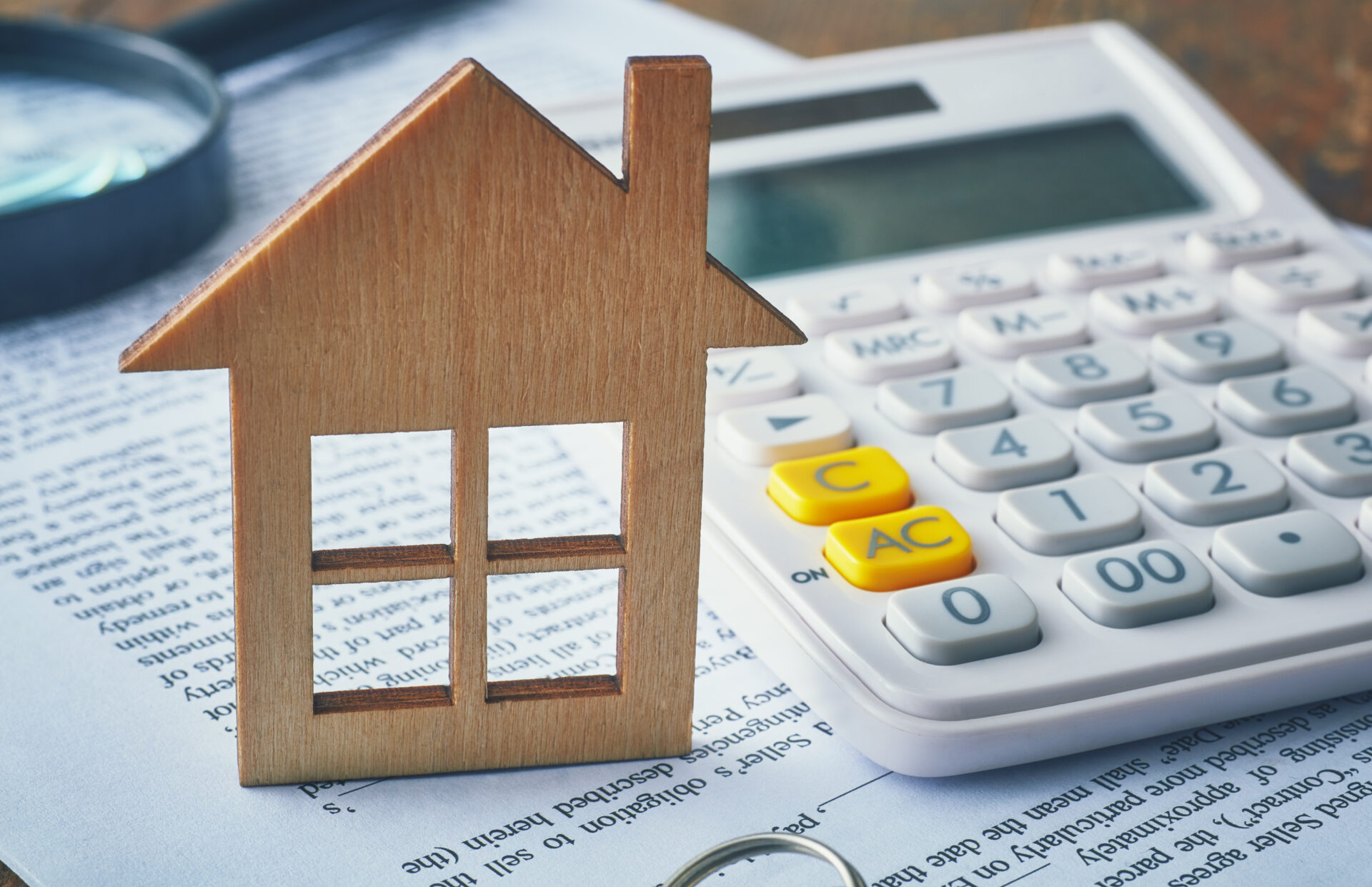
How much should you raise rent? What is a normal rent increase?
These are all common questions landlords ask, so you’re not alone if you’re wondering how to find a rent increase percentage that helps you meet your own financial goals while ensuring you don’t force good renters to look for a new place to rent.
What is a typical rent increase percentage?
Calculating a percentage for an annual rent increase can help you prepare when it comes time to renew your renters’ lease agreements. After all, a standard rent increase per year can help you cover increases in property taxes and insurance, the cost of repairs and maintenance, and more. However, if you go far beyond what your renters would consider a normal rent increase, you run the risk of losing those renters.
As a general rule of thumb, landlords usually increase rent by around 3% each year. Anything between 2% and 5% is standard. Most landlords won’t try to increase rent by more than 5% in a given year unless exceptional circumstances exist. You should always check your local laws before hiking up the rent. A reasonable (and legal) rental increase per year will vary depending on where you live and the type of property you own.
Many places don’t have a blanket law that sets or limits the amount you can increase the rent for your units — you’ll have some flexibility to calculate a rent increase percentage that works for you and your renters. Keep in mind, however, that rent-stabilized or rent-controlled apartments must follow certain laws. So, if you rent out one of these units, make sure you understand the rules before you increase rent.
When should a landlord increase rent?
Your answer to the question, “How much can rent increase per year?” may differ a bit from the answer to, “How much SHOULD rent go up each year?” All in all, you’ll want to find a balance between increasing rent to cover your expenses and keeping good renters in your building.
Landlords struggle with whether they should raise a renter’s rent constantly. You might feel tempted to keep a good renter happy by keeping their annual rent exactly the same. However, if your own costs (think: taxes, utilities, and insurance premiums) go up, those higher costs will eat into your profits if you don’t change the rent at all. At the same time, if your rental market is enjoying a boom, you might not get what you could for your property if you never increase the rent.
Common reasons landlords choose to increase rent include:
- An increase in homeowners association or condo fees
- An increase in insurance premiums
- An increase in market rates
- An increase in property taxes
- Property maintenance expenses you need to cover
Are there situations when a landlord cannot increase rent?
Maintaining competitive rental prices is essential to managing a successful property. However, certain circumstances exist when you cannot legally raise the rent. Depending on the specific situation, you may not be able to raise rent or simply cannot raise rent if:
- The lease agreement doesn’t allow a rent increase
- You’re raising the rent by more than what local law allows
- You’re increasing the rent during the lease term
- The increase is in retaliation against a renter
- You’re doing so to force a renter to move out
- The increase constitutes discrimination according to the Fair Housing Act
- You don’t give proper advance notice of the rent increase
- You rent out a rent-controlled property
When can landlords increase rent?
Generally, you aren’t allowed to raise rent whenever you want. You have to wait until a lease expires and make sure you give your renter notice (typically 30 to 60 days in advance) of the increase they’ll see in the new lease agreement.
So, if your tenant signs a one-year lease, you’ll have to wait the full year before you get more money. If you go with a two-year lease, you’ll need to wait until the end of the two-year period. However, if you rent a unit with a month-to-month agreement, you could theoretically increase the rent at the end of every month (as long as you give the required notice).
No matter the length of your lease agreements, you should ensure you explain your standard rent increase policy upfront in those agreements. You want to include how frequently rent increases may occur in any lease agreement you create.
How can landlords raise rent without losing renters?
Remember, while you’re calculating a rental price that best meets your financial goals, your renters are doing the same thing. If you raise rent by a percentage that exceeds your renter’s income increases, you might force them to look for a unit elsewhere. Some tips for raising rent in a way that will keep your renters from wanting to move out include:
- Making reasonable rent increases on a consistent basis, for example 2% or 3% annually, so renters know what to expect
- Explaining how the new rate is competitive in your local market
- Communicating when you’re going to raise the rent and providing plenty of notice
Again, landlords usually must give renters at least 30 days written notice before the lease expires or is up for renewal. The required notice period will vary by state or city, so make sure you understand rent increase requirements in your location. You must also give your renters any rent increase notice in writing and send the official letter via certified mail or deliver it by hand. You may want to follow up by email to make sure your renter received your notice.
You’re not alone if you’re asking yourself, “How much should I increase rent?” when it comes time to sign a new lease agreement. The right answer depends on your specific location and situation, but maintaining good communication and having the right tools to collect rent will streamline the process for both your and your renters.



